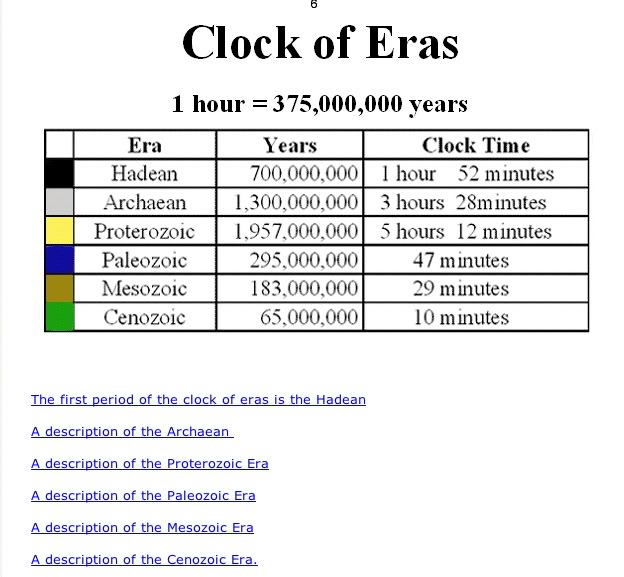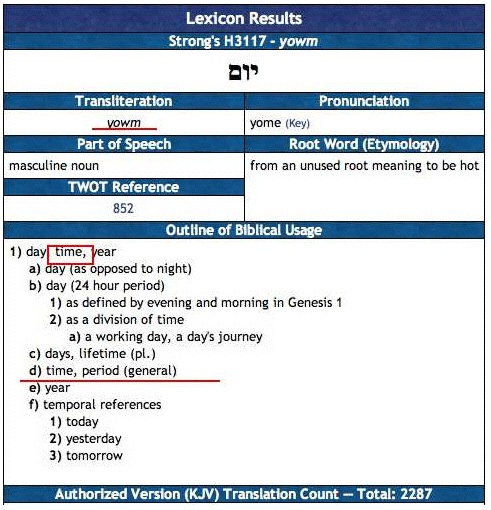I've been having a considerable problem recently reconciling my belief in evolution with my strong Christian faith. I've been a theistic evolutionist for years now but for some reason this year it hit me again, that evolution makes a belief in a literal Adam and Eve VERY hard. I'm fine with Genesis 1, there is ton of skepticism around that passage over the centuries. However, Adam and Eve are important theologically it seems to me. Without original sin, how do we explain Jesus' ministry and Paul's interpretation of Adam vs Jesus?
Is there anyone here who can tell me how to cope with this? I like to believe that my calling is to evangelize to atheists and agnostics which I do with the BCM a lot at my college, but I feel like this hurts my ministry because all I can say is that I know the Bible to be literally wrong about the scientific account of creation, early history (Gen 1-11), and Adam and Eve (that doesn't help ones ministry very much).
Oh and I've studied arguments on this for years, but maybe I just haven't found any answers that were specific enough to my situation. And they all seem watered down. Not many of my friends are theistic evolutionists, and the ones that are aren't very educated on the topic. It seems like to me this requires a less stringent interpretation of the Bible, but I don't feel comfortable and wouldn't be accepted at my Baptist ministry if I said the Bible wasn't completely inerrant and infallible. Maybe a forum will help

The doctrine of original sin rests largely on Augustinian theology. And I think there is one point where he is misunderstood and another in which he is definitely wrong.
The first is that when Augustine referred to original sin, he was NOT referring to the first sin. That will probably surprise you because it is the meaning that most Protestants give it today.
In fact, Augustine was not referring to any one particular instance of sin at all, not even Adam's, but to the propensity for sin that exists in all of us. Original sin is existing in a state of sinfulness even if one has (for reasons of being to young or mentally deficient to be responsible) committed no sin of one's own. (Later Calvin would refer to this as a state of depravity or that state of existence in which we have no capacity to will the good or break free of the bondage of sin.)
If we remember that original sin is about ourselves first, and only secondarily about Adam, then perhaps the historical existence of Adam becomes less important.
And here is where we get to where Augustine made an error. Naturally Augustine wanted an explanation for our basic inborn sinful nature. And, following Paul, he connected this to Adam. But how does this nature pass from Adam to all of us? Augustine's answer is that it was inherited from our parents--going all the way back to Adam.
If Augustine is right on this point, then Adam must have been an historical individual. If sin is written in our genes, then there had to be a point of origin for original sin. And that is how original sin became linked to (and confused with) the first sin.
But Augustine need not be right on this point. In all probability, he is not right. Sin is not something we inherit like blue eyes and red hair. So even if we attribute an important role to an individual, historical Adam, we need a different way of explaining how Adam's sin (the first sin) and the original sin in us are connected.
But I agree with you. Though many theistic evolutionists do hold to belief in a historical individual Adam, I personally find that difficult to accept. What I don't agree with is the idea that rejecting the historicity of Adam means tossing out the idea of original sin. That only follows if one identifies "original sin" with "the first sin" an identification that, following Augustine is not necessary to begin with.
If we go back to the Augustinian concept that original sin describes a universal human characteristic, rather than a single event in history, then we can take Genesis 3 as a symbolic description of why we are burdened with this nature rather than as a historic explanation of how that came to be.
Then when we get to Paul and Romans, we can think of the first man or Adam as all of us together---the first humanity, sinful humanity. And Christ is the bearer of a new humanity, liberated from sin, with whom we can be united as we are currently united to the first humanity (Adam). After all, it is not as if we inherit the life in Christ; so why do we need an ancestor from whom we inherit original sin?
I don't know if you will find this helpful or not, but it works for me. We can discuss it in more detail if you like.



